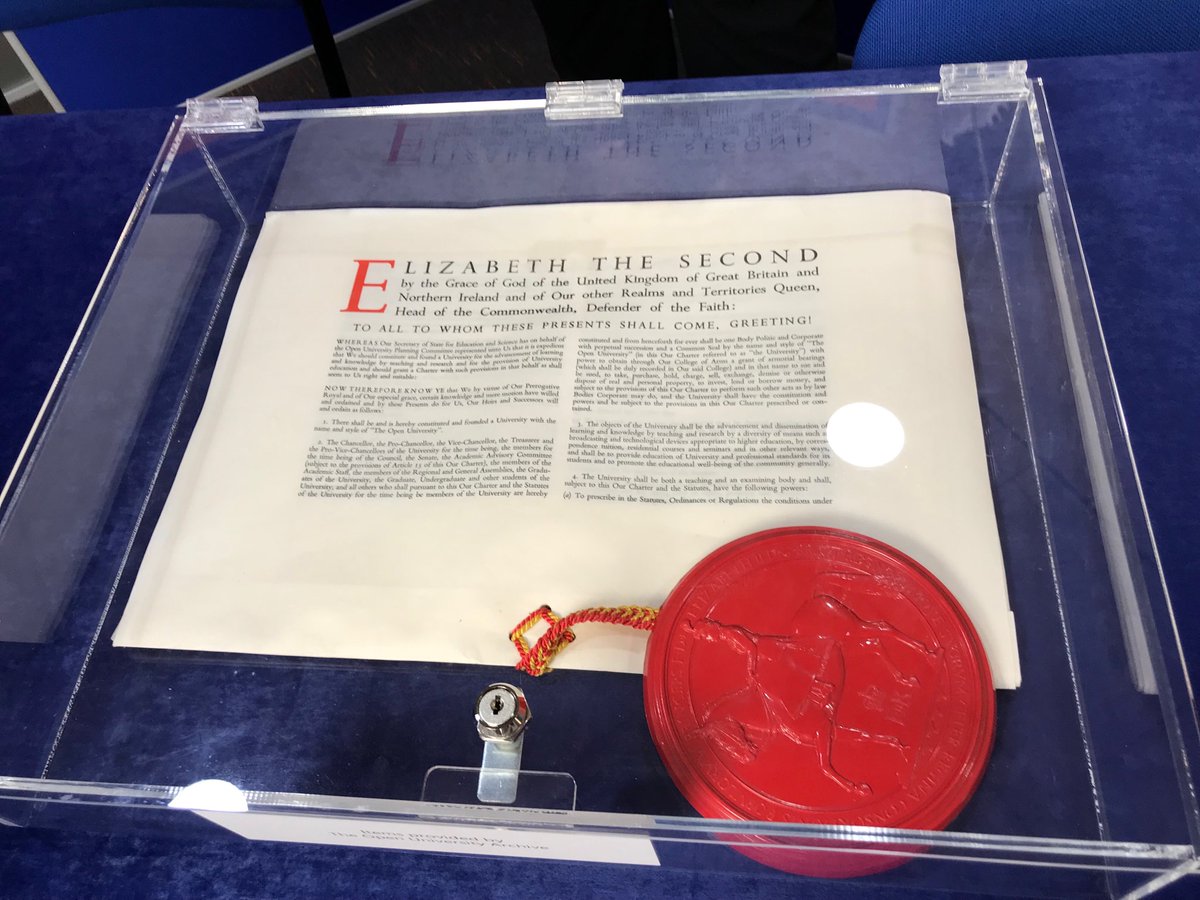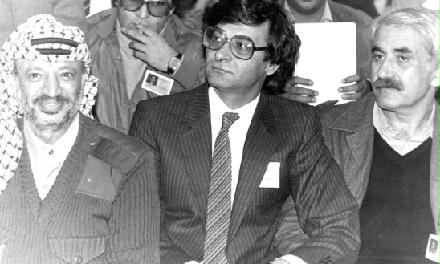|
Ibtisam Mara'ana
Ibtisam Mara'ana-Menuhin ( ar, ابتسام مراعنة منوحين, he, אִבְּתִיסָאם מַרְאַעְנֶּה־מְנוֹחִין) is an Israeli Arab politician, film director, and producer. She was a member of the Knesset for the Labor Party. Biography Ibtisam Mara'ana was born in 1975 in Fureidis, a Muslim Arab village in northern Israel. She attended film school at Givat Haviva. In 2000 she initiated a film and television program at her former high school in Fureidis. In June 2014, Mara'ana married Boaz Menuhin, a Jewish Israeli man.Alona Ferber, ''When the Palestinian National Poet Fell in Love With a Jew'', in Haaretz, 4 June 201/ref> The couple has a daughter. The marriage was sealed in Tel Aviv in a non-religious ceremony, and is therefore not officially recognised in Israel, Film and teaching career In 2003 Mara'ana founded Ibtisam Films, to produce documentaries that investigate the borders and boundaries of Palestinian and Israeli society, with a fo ... [...More Info...] [...Related Items...] OR: [Wikipedia] [Google] [Baidu] |
Fureidis
Fureidis (also Freidis; ar, فريديس, he, פֻרֵידִיס) is an Arab town in the Haifa District of Israel. It received local council status in 1952. In its population was . Name The name is believed to come from the Arabic (''firdawis''), meaning little Garden of Eden, borrowed from the Persian word for ''paradise''. A population list from about 1887 showed that ''Kh. Fureidis'' had about 300 inhabitants, all Muslim. British Mandate era In the 1922 census of Palestine conducted by the British Mandate authorities, ''Al Feridis'' had a population of 335; all Muslims, increasing in the 1931 census to 454; still all Muslims, in a total of 98 houses.Mills, 1932, p90/ref> In the 1945 statistics the population of Fureidis consisted of 780 MuslimsDepartment of Statistics, 1945, p 13/ref> and the land area was 4,450 dunams, according to an official land and population survey.Government of Palestine, Department of Statistics. ''Village Statistics, April, 1945.'' Quoted in ... [...More Info...] [...Related Items...] OR: [Wikipedia] [Google] [Baidu] |
Central Elections Committee
The Israeli Central Elections Committee ( he, ועדת הבחירות המרכזית, ''Va'adet HaBehirot HaMerkazit'') is the body charged under the Knesset Elections Law of 1969 to carry out the elections for the upcoming Knesset. The committee is composed of Knesset members (and delegates) representing various parliamentary groups and is chaired by a Supreme Court Justice (currently Uzi Fogelman). Tasks for the committee include the authorization of party lists running for the Knesset, election financing, and publication and appeals of election results. History 1985 amendments In 1985, the Knesset approved a law which, for the first time, allowed the committee to disqualify a party list on the grounds of its ideological platform. The law allowed the committee to bar parties from elections that negate the existence of Israel as a Jewish and democratic state, made incitements to racism, or supported the armed struggle of an enemy state or terrorist organization against the st ... [...More Info...] [...Related Items...] OR: [Wikipedia] [Google] [Baidu] |
Jerusalem Film Festival
The Jerusalem Film Festival ( he, פסטיבל הקולנוע ירושלים, ar, مهرجان القدس السينمائي) is an international film festival held annually in Jerusalem, It was established in 1984 by the Director of the Jerusalem Cinematheque and Israeli Film Archive, Lia Van Leer, and has since become the main Israeli event for filmmakers and enthusiasts. Over the course of ten days every summer, over 200 films from 60 countries are screened at the Festival, along with a variety of special events, panels, and meetings with prominent local and international filmmakers, as well as professional industry workshops and events. History The Festival was established by Israel Prize recipient and founder of the Jerusalem Cinematheque and Israeli Film Archive, Lia Van Leer. After being invited to serve on the jury at the 1983 Cannes Film Festival, Van Leer decided to create Israel's first international film festival. Already in its very first year, the Festival had the ... [...More Info...] [...Related Items...] OR: [Wikipedia] [Google] [Baidu] |
Lady Globes
''Globes'' ( he, גלובס) is a Hebrew-language daily evening financial newspaper in Israel. Globes was founded in the early 1980s and published in Tel Aviv, Israel. It deals with economic issues and news from the Israeli and international business worlds. The paper is printed on salmon-colored paper, inspired by the British ''Financial Times''. ''Globes'' was one of the first Israeli dailies to publish its contents on the World Wide Web, dating back to April 1995. Its web version publishes in Hebrew and English. According to TGI 2022 media survey, ''Globes'' market share is 4.1% among Israeli financial newspapers. Its main competitors as Israeli financial newspapers in printed media are ''TheMarker'', of the ''Haaretz'' group, and '' Calcalist'', published by the ''Yedioth Ahronoth'' Group. History The daily paper founded by Haim Bar-On, the publisher of the newspaper, on the basis of a small, Haifa-based financial newspaper, in partnership with businessman Eliezer Fishman. ... [...More Info...] [...Related Items...] OR: [Wikipedia] [Google] [Baidu] |
Docaviv
Docaviv, subtitled "the Tel Aviv International Documentary Film Festival" is the only film festival in Israel dedicated to documentary films, and the largest film festival in Tel Aviv. It is run by a non-profit organisation A nonprofit organization (NPO) or non-profit organisation, also known as a non-business entity, not-for-profit organization, or nonprofit institution, is a legal entity organized and operated for a collective, public or social benefit, in co ... of the same name, founded in 1998. In recent years (to 2021) the festival has drawn an attendance of around 40,000. Docaviv Galilee is a five-day offshoot of the festival, held at Ma’alot Tarshiha. References External links * Documentary film festivals in Israel Festivals in Tel Aviv Organizations established in 1998 {{TelAviv-stub ... [...More Info...] [...Related Items...] OR: [Wikipedia] [Google] [Baidu] |
Open University
The Open University (OU) is a British public research university and the largest university in the United Kingdom by number of students. The majority of the OU's undergraduate students are based in the United Kingdom and principally study off-campus; many of its courses (both undergraduate and postgraduate) can also be studied anywhere in the world. There are also a number of full-time postgraduate research students based on the 48-hectare university campus in Milton Keynes, where they use the OU facilities for research, as well as more than 1,000 members of academic and research staff and over 2,500 administrative, operational and support staff. The OU was established in 1969 and was initially based at Alexandra Palace, north London, using the television studios and editing facilities which had been vacated by the BBC. The first students enrolled in January 1971. The university administration is now based at Walton Hall, Milton Keynes, in Buckinghamshire, but has administratio ... [...More Info...] [...Related Items...] OR: [Wikipedia] [Google] [Baidu] |
Samih Al-Qasim
Samīħ al-Qāsim al Kaissy ( ar, سميح القاسم; he, סמיח אל קאסם; 1939 – August 19, 2014) was a Palestinian people, Palestinian Druze poet Arab citizens of Israel, with Israeli citizenship whose work is well known throughout the Arab world. He was born in Emirate of Transjordan, Transjordan and later lived in Mandatory Palestine and Israel. Before the Six-Day War in 1967 he was mainly influenced by Arab nationalism; after the war he joined the Maki (political party), Israeli Communist Party. Early life Al-Qasim was born in 1939 in the Emirate of Transjordan (now Jordan), in the northern city of Zarqa, while his father served in the Arab Legion of Abdullah I of Jordan, King Abdullah. He came from a Druze family from the town of Rameh in the Upper Galilee. Al-Qasim attended primary school there and then later graduated from secondary school in Nazareth. His family did not flee Rameh during the 1948 Palestinian exodus (Nakba).A Bilingual Anthology of Arabic Poet ... [...More Info...] [...Related Items...] OR: [Wikipedia] [Google] [Baidu] |
Mahmoud Darwish
Mahmoud Darwish ( ar, محمود درويش, Maḥmūd Darwīsh, 13 March 1941 – 9 August 2008) was a Palestinian poet and author who was regarded as the Palestinian national poet. He won numerous awards for his works. Darwish used Palestine as a metaphor for the loss of Eden, birth and resurrection, and the anguish of dispossession and exile.Maya Jaggi"Profile: Mahmoud Darwish – Poet of the Arab world" ''The Guardian'', 8 June 2002. He has been described as incarnating and reflecting "the tradition of the political poet in Islam, the man of action whose action is poetry.""Prince of Poets" ''The American Scholar''. He also served as an editor for several literary magazines in Palestine. Biography Mahmoud Darwish was born in 1941 in |
Write Down, I Am An Arab
''Write Down, I Am an Arab'' is a 2014 documentary film about the national Palestinian poet Mahmoud Darwish. The film was written and directed by Palestinian filmmaker Ibtisam Mara'ana. Synopsis ''Write Down, I Am an Arab'' tells the story of Mahmoud Darwish, the Palestinian national poet and one of the most influential writers of the Arab world, whose writing shaped Palestinian identity and motivated generations of Palestinians to the cause of national liberation. Darwish was born in the Western Galilee in the village al-Birwa; his family fled during the 1948 Arab-Israeli War and returned a few years later to a ruined homeland. These early experiences laid the foundations for a writing career that came to define an entire nation. Like other Palestinian citizens of Israel at the time, Darwish grew up under military law that prevented freedom of movement. In 1964 his defiant poem, "Write Down, I Am an Arab", landed him in prison and turned him into an icon of the Arab world. At th ... [...More Info...] [...Related Items...] OR: [Wikipedia] [Google] [Baidu] |
Miss Israel
Miss Israel ( he, מַלְכַּת הַיֹּפִי, , ) is a national beauty pageant in Israel. The pageant was founded in 1950, where the winners were sent to Miss Universe. The pageant was also existing to send delegates to Miss World, Miss International, Miss Europe and Miss Asia Pacific International. History In the late 1920s, a " Queen Esther Beauty Pageant" was held in Tel Aviv, centred on the holiday of Purim. The first Miss Israel took place in 1950, two years after Israel's independence. From then onwards, Miss Israel was the national franchise holder for Miss Universe, Miss World, and Miss International. The pageant's official winner represented Israel at Miss Universe and the runners-up at Miss World, Miss International, and Miss Europe. The winner also occasionally competed at other international pageants, such as Miss World in 1953, 1968, 1992, 1996–1998; Miss International in 1963; Miss Asia Pacific International; and Miss Earth. In 2022, the pageant was canc ... [...More Info...] [...Related Items...] OR: [Wikipedia] [Google] [Baidu] |
Sajur
Sajur (; ) is a Druze town ( local council) in the Galilee region of northern Israel, with an area of 3,000 dunams (3 km²). It achieved recognition as an independent local council in 1992. In it had a population of . History Excavations in 1951, 1980 and 1993, on behalf of the Israel Antiquities Authority revealed, respectively, a tomb with 13 loculi that dated to the Roman–Byzantine periods, a tomb with eight or nine loculi dating to the end of the second century CE and a small tomb with a single room dating to the first–second centuries CE. A salvage dig in January 2002, prior to building a car park, revealed a bedrock-hewn cave, devoid of finds, which may have been a tomb, and various unremarkable finds, although the presence of many finds at the bottom of the stratigraphic sequence is evidence of Iron Age occupation at Sajur. Sajur is identified with Shazur, an ancient village associated with Simeon Shezuri. In the Crusader era Sajur was known as ''Seisor'' or ' ... [...More Info...] [...Related Items...] OR: [Wikipedia] [Google] [Baidu] |




.jpg)